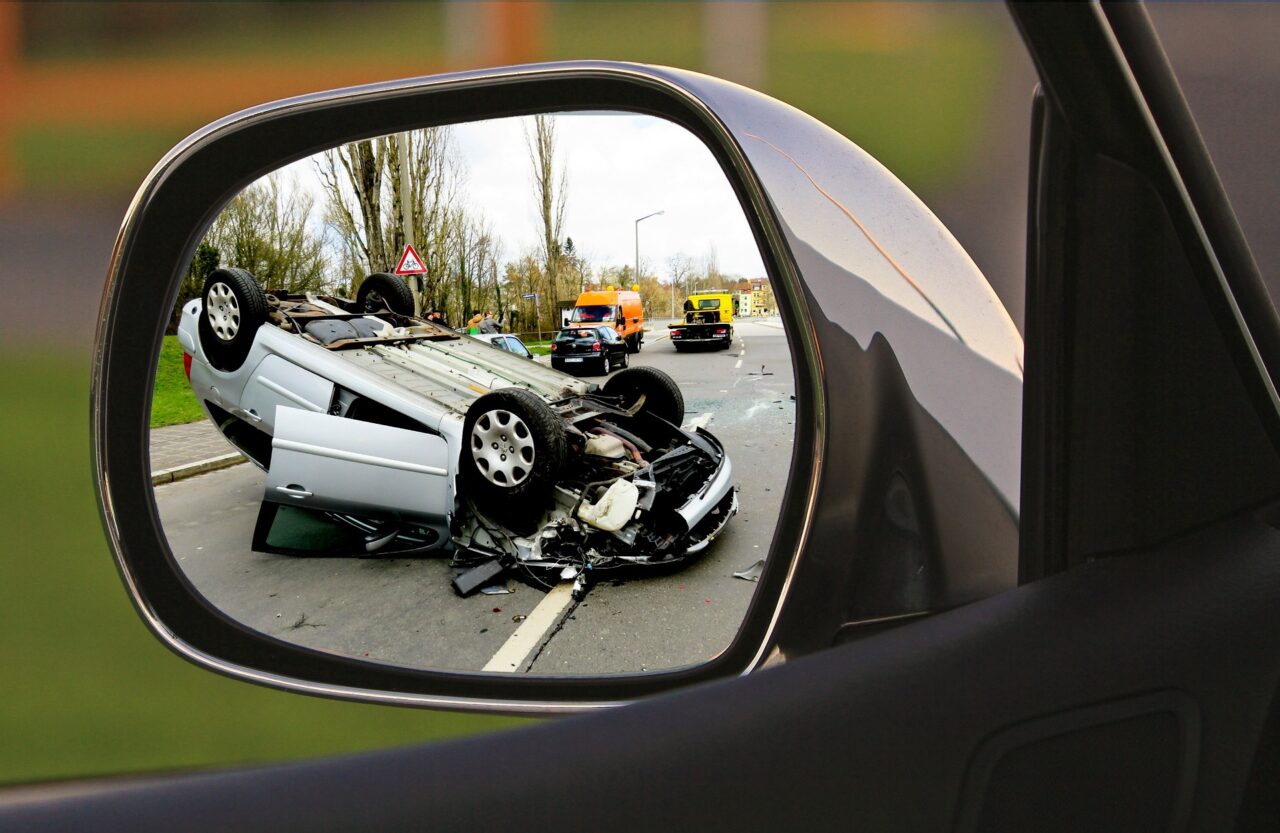What Is Negligence?
The bedrock of all legal negligence claims rests on a cause of action. An oft-recited framing for cause of action involves a set of facts working in concert to justify a legal remedy. Certain criminal charges like burglary, manslaughter, and fraud are well-understood by the masses thanks to cable shows like Law and Order. Negligence, on the other hand, rings a bit more nebulous. Review the scenario below and test your intuition: is the protagonist negligent, or… not quite?
Racing against the 9 AM clock, a man drives ten miles-per-hour over the limit and runs over a dead squirrel. He feels a twinge of guilt after listening to a podcast days-earlier arguing on habitat destruction from roadways, but he’s running late for a can’t-miss meeting and figures one of those ‘Adopt a Highway’ programs will take care of the carcass. Hours later, the squirrel’s remains are strewn about the right lane when another driver — swerving to avoid them — scrapes the side of their car on the side rail. Is the man negligent for failing to move a dead squirrel off the road and therefore responsible for the other driver’s damages?
Hold your intuition in your mind’s eye while we survey the State of Colorado’s definition for negligence. According to Chapter 9 of Colorado’s Civil Jury Instructions, the plaintiff – in this case, the swerving driver – needs to define the man’s legal duty, highlight a breach of said duty, underscore causation (the man did x, which directly caused y), and damages (in this case, property damage).
That was a lot. Let’s take a deep breath and review the criteria piecemeal.

Negligence 101: What Is Legal Duty?
In the simplest of terms, a legal duty is an obligation created by a law, contract, or other legally-binding document. Stores and restaurants have legal duties to enforce policies that will reasonably prevent harm to their patrons. Many negligence cases are argued on the grounds that a negligent party failed to perform their legal duty, which then resulted in an injury, loss or damage of property, etc.
In the case of our squirrel-squasher, Colorado Department of Transportation’s Wildlife Program has 230 maintenance crews throughout the state. Part of their job description is picking up any roadkill they find on the road, particularly if it’s causing a hazard for traffic. Good Samaritan norms like moving large wildlife (think deer) to the shoulder are best practice, but it is not one’s legal responsibility given CDOT’s maintenance crews.
What is a “Special Relationship”?
Moreover, a plaintiff filing a complaint against someone who failed to move a deer they struck off the road would have to identify a “special relationship” between the parties (plaintiff and defendant). Special relationships refer to any relationship between the plaintiff and the defendant in which the defendant would reasonably trust the plaintiff to exercise a degree of care.
Examples of “special relationships” include:
- Common carrier/passenger
- Innkeeper/guest
- Employer/employee
- Parent/child
- Landowner/invited guest.
These relationships all require a level of trust between parties. You would expect the owners of your Airbnb, your employer, or your Uber driver to reasonably remove or, at least, disclose any hazards you could experience in an effort to prevent an accident. Drivers passing the same stretch of highway minutes or hours apart do not fit the “special relationship” criteria, so legal action on those grounds would be a challenge.
Returning to our protagonist with the really important meeting, it’s crucial to consider the squirrel itself and whether its roadkill remains constitute a significant hazard. Most if not all drivers have had the grave misfortune of driving over a smaller animal’s remains, and one is hard-pressed to argue for the hindrance of a multi-ton locomotive’s path due to a squirrel on the road. So, the question then becomes whether the other driver needed to swerve and avoid the squirrel remains, or if their measure was reckless. A quintessential element of the legal profession is attorney’s are trained to argue both sides of every coin, but the swerving-driver’s hypothetical lawyer would be fighting an uphill battle.
What is Proximate Cause?
This brings us to the third component of negligence: proximate cause. Proximate cause is best regarded as a cause that produces a foreseeable reaction; any action or inaction traced to an eventual injury (but for said action or inaction, an injury would not have occurred). In simpler terms, proximate cause is an action or inaction that one could reasonably assume caused the damaging result.
Picture this: you’re rearing for a powder day and hastily attach your skis to your roof rack to arrive at the mountain close to first chair. In your alacrity, you didn’t quite clamp down on the ski rack’s straps, and the wind resistance from your speeding car causes your ski to dislodge and impale an oncoming driver’s windshield. Luckily, no one lost their life, but in that illustration your inability to properly secure your skis led to another’s property damage (not to mention emotional hardship and driving reluctance). Therefore, the proximate cause of injury is easy to trace: but for your failure to secure your skis, the other driver would not have a massive hole (and ski) through their windshield.
So, what is the swerving-driver’s proximate cause? The in-a-rush man failing to remove the squirrel from the road? Any lawyer would be hard-pressed in arguing the other driver needed to swerve to avoid wrecking their car. One wades into murkier legal waters involving larger animals, but even then, CDOT employ’s maintenance crews to remove hazardous roadkill across the state.
Contact Rocky Mountain To Speak With A Denver Auto Accident Accident Lawyer
If you, like the swerving driver, are pursuing a civil complaint against another driver responsible for roadkill, you may approach the issue with a bit more reticence. Regardless, if an unseen calamity does strike and is in no way your fault, you are armed with a basic sense for negligence and its criteria, proximate cause, and the importance of securing your ski rack straps.



